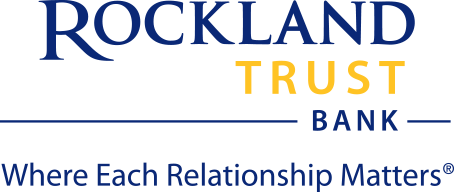Your credit score is a number — based on the information included in your credit reports — used by lenders and others to determine your creditworthiness. Having a good credit score can affect everything from how much interest you pay on a loan to whether you land a new job.
What’s included in your credit score? FICOTM, invented by the Fair Isaac Corporation, is the best-known credit score, although there are others such as VantageScore®. The higher your credit score, the better. The top FICO score achievable is 850.
Credit scores are developed based on a number of factors, including: 1) How much you owe — the total amount of debt you have outstanding.
2) Your credit utilization — how much of your approved credit you actually use.
3) Your payment history — including whether you make payments on time and if you’ve had delinquent (late) payments or bankruptcies.
4) Length of credit history — how long you’ve held certain accounts. Accounts you’ve held and paid on time for many years count more than recently opened accounts.
5) New credit — recently opened accounts. Opening too many new accounts at once can be a red flag to potential lenders.
6) Types of credit used — revolving credit (like credit cards), personal loans, mortgage loans, etc.
No credit history? If you haven’t already established a credit history, consider applying for a credit card or small loan and make all payments on time. If you are unable to obtain a credit card or loan due to a lack of credit history, look into what is referred to as a secured credit cards. These types of cards require collateral (generally, enough money to cover the line of credit). Using a secured card responsibly will help establish your credit history.
Maintaining or rebuilding a good credit score: If you already have a credit history, here are some tips to improve it:
Order your credit reports and dispute any errors you find. By federal law, you are entitled to a free report each year from all three major credit reporting agencies. Visit
annualcreditreport.com or call 1-877-322-8228 to request your free annual report. It’s a good idea to check your credit reports before applying for a major loan, such as a mortgage.
Note that your free credit report does not include your credit score. To purchase your credit score, visit FICO at
myfico.com or VantageScore at
your.vantagescore.com . According to the Consumer Finance Protection Bureau, it is more important to review and correct your credit report than to spend money on a credit score.
Apply only for the credit you need.
Make all payments on time.
Keep credit utilization low. Experian, one of the major credit reporting agencies, suggests a credit utilization score of 30 percent or less.
Keep old, unused accounts open. Accounts you no longer use but have a good payment history can work in your favor by lengthening your credit history and positively affecting your credit utilization.




